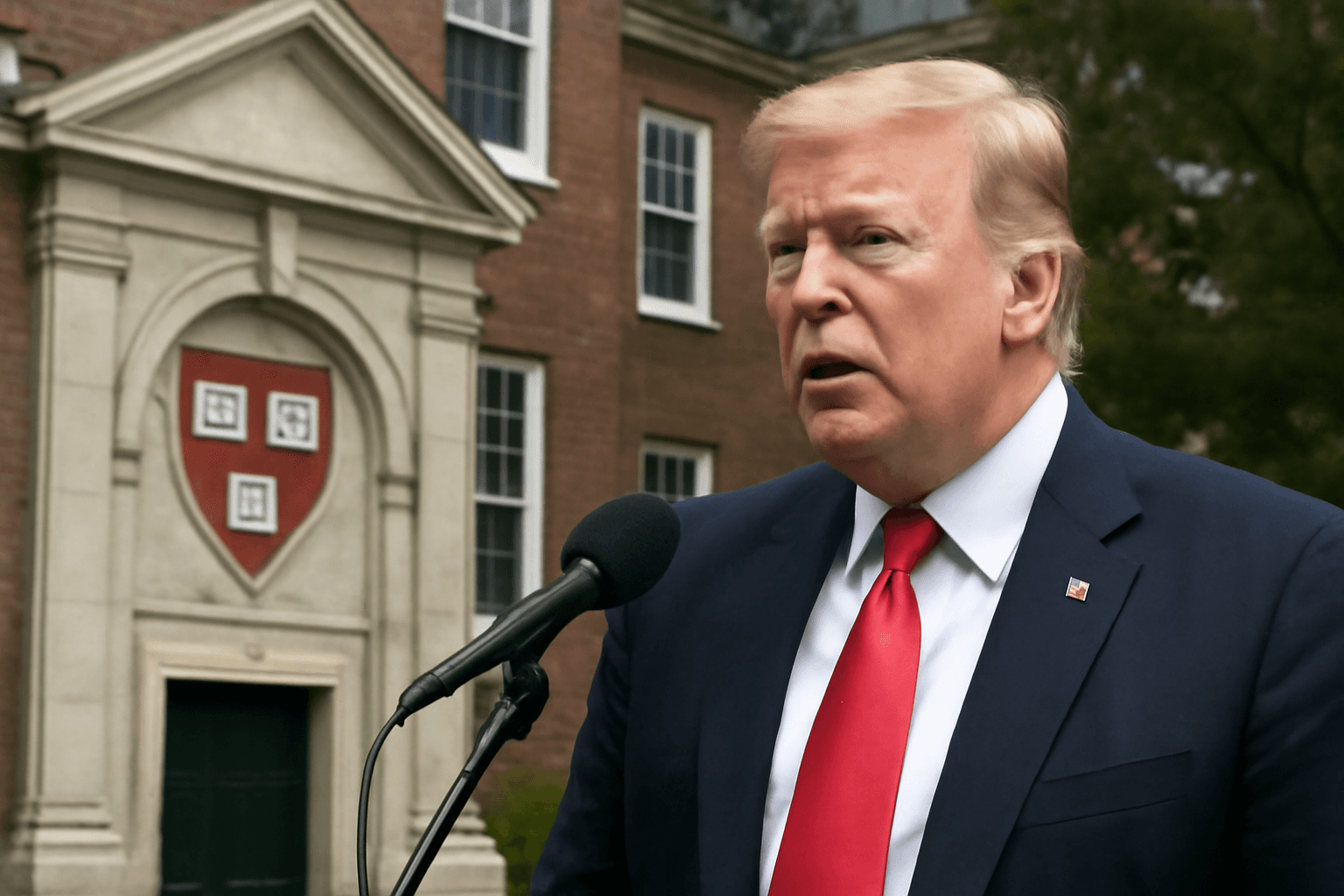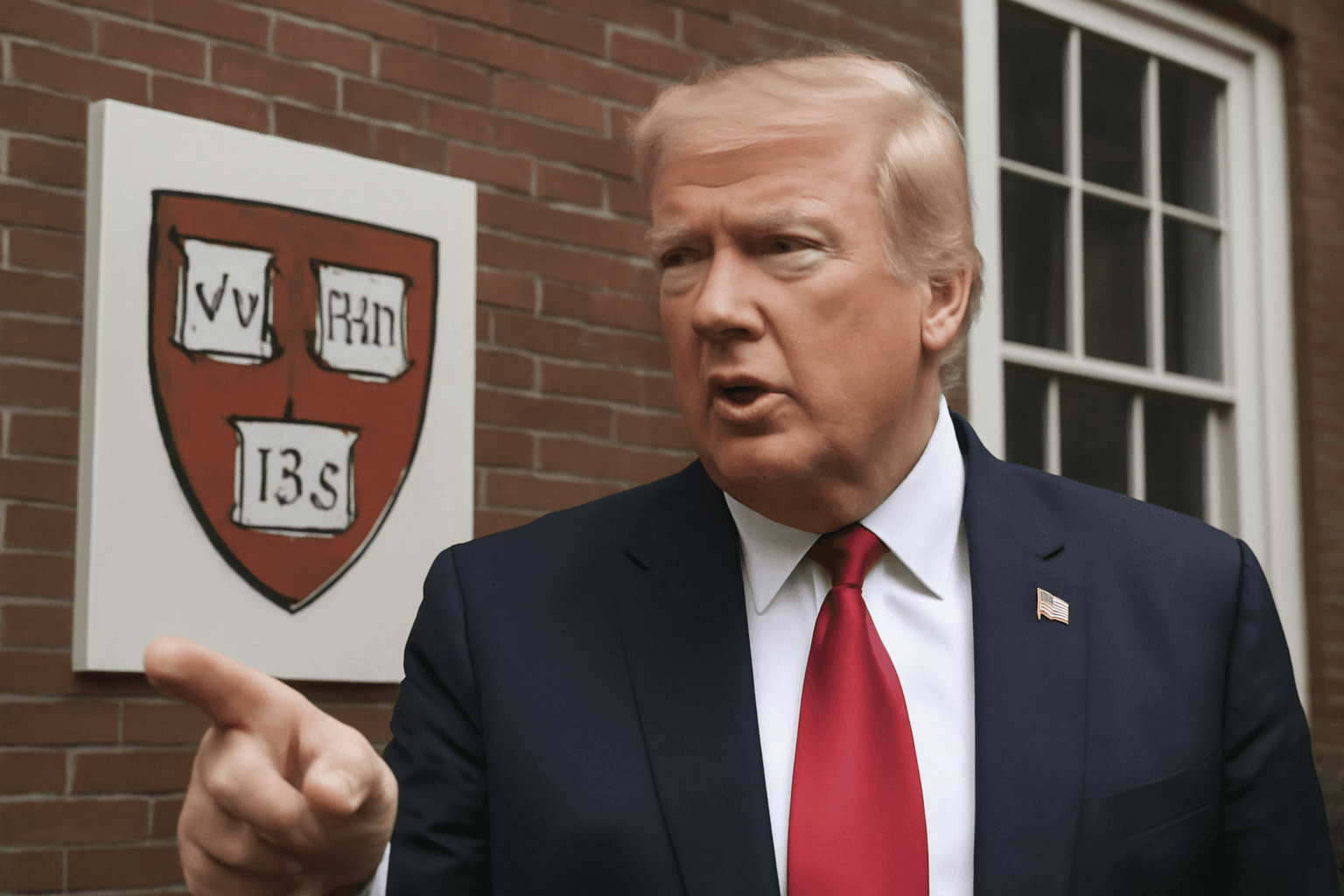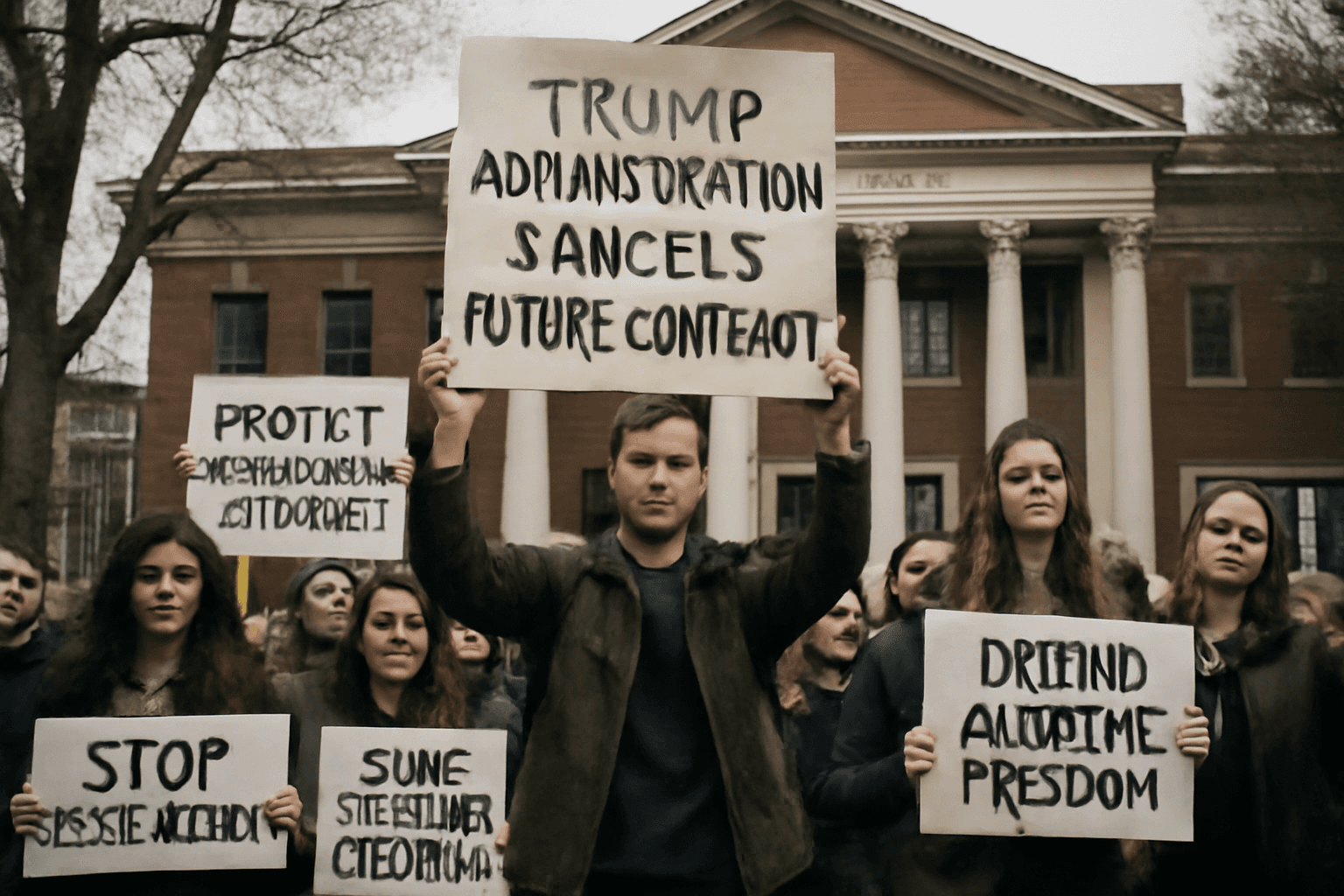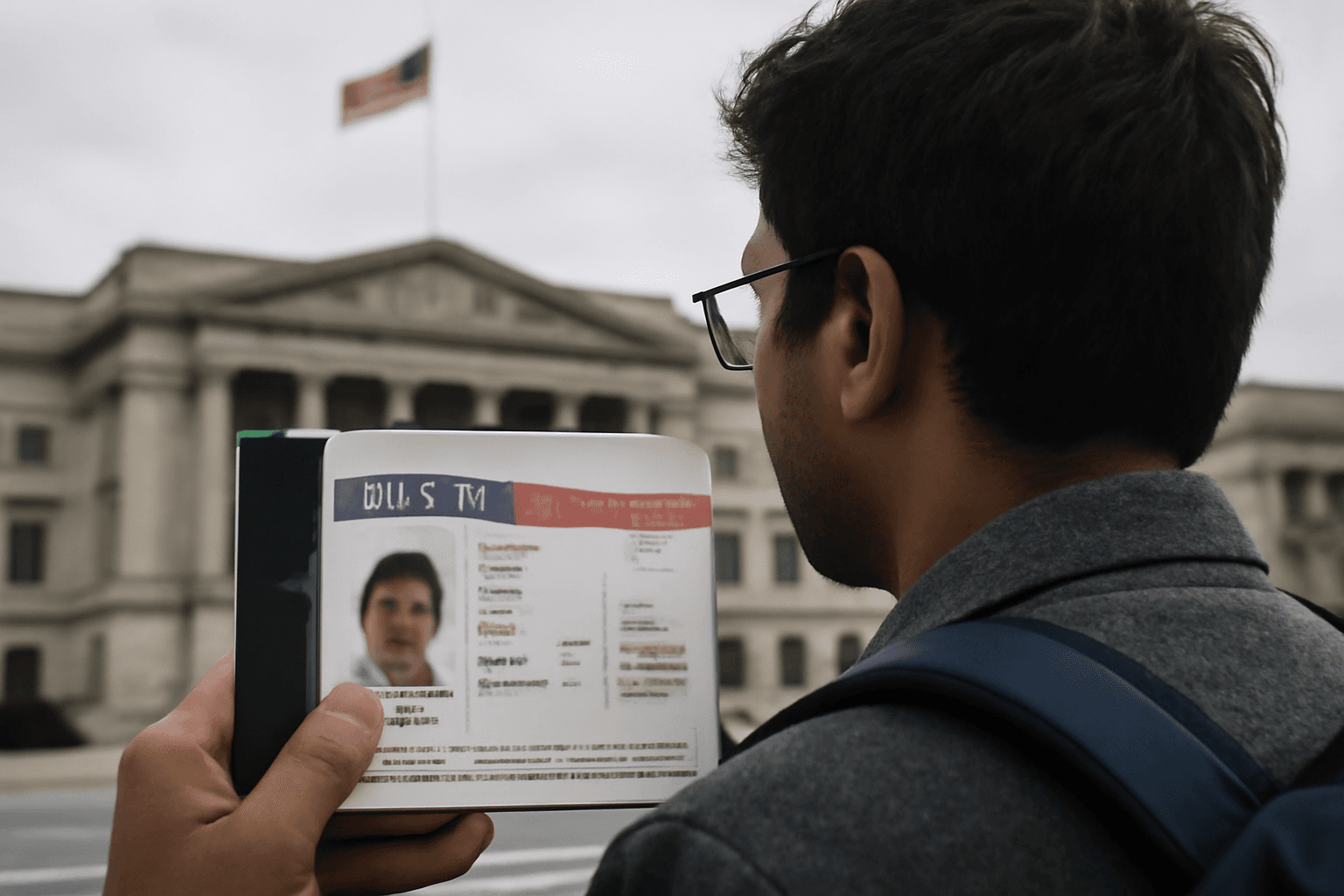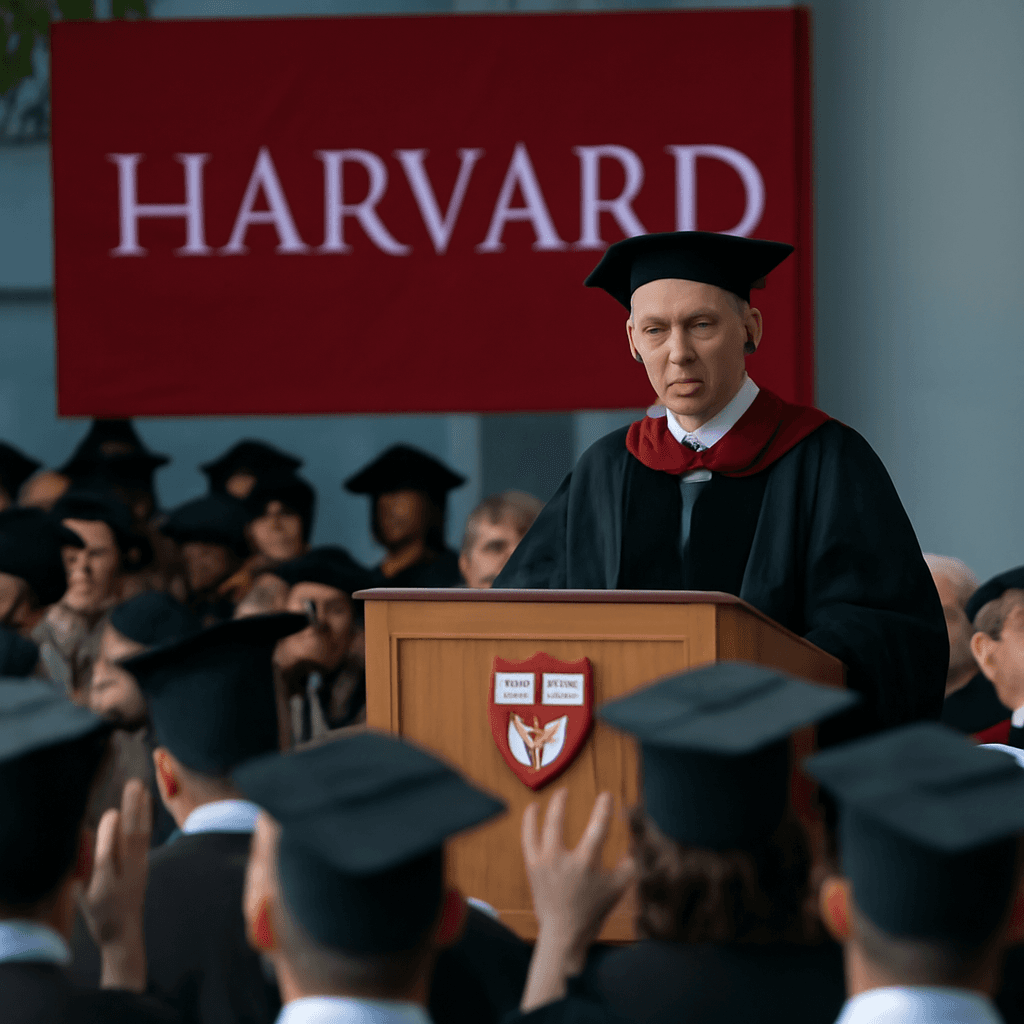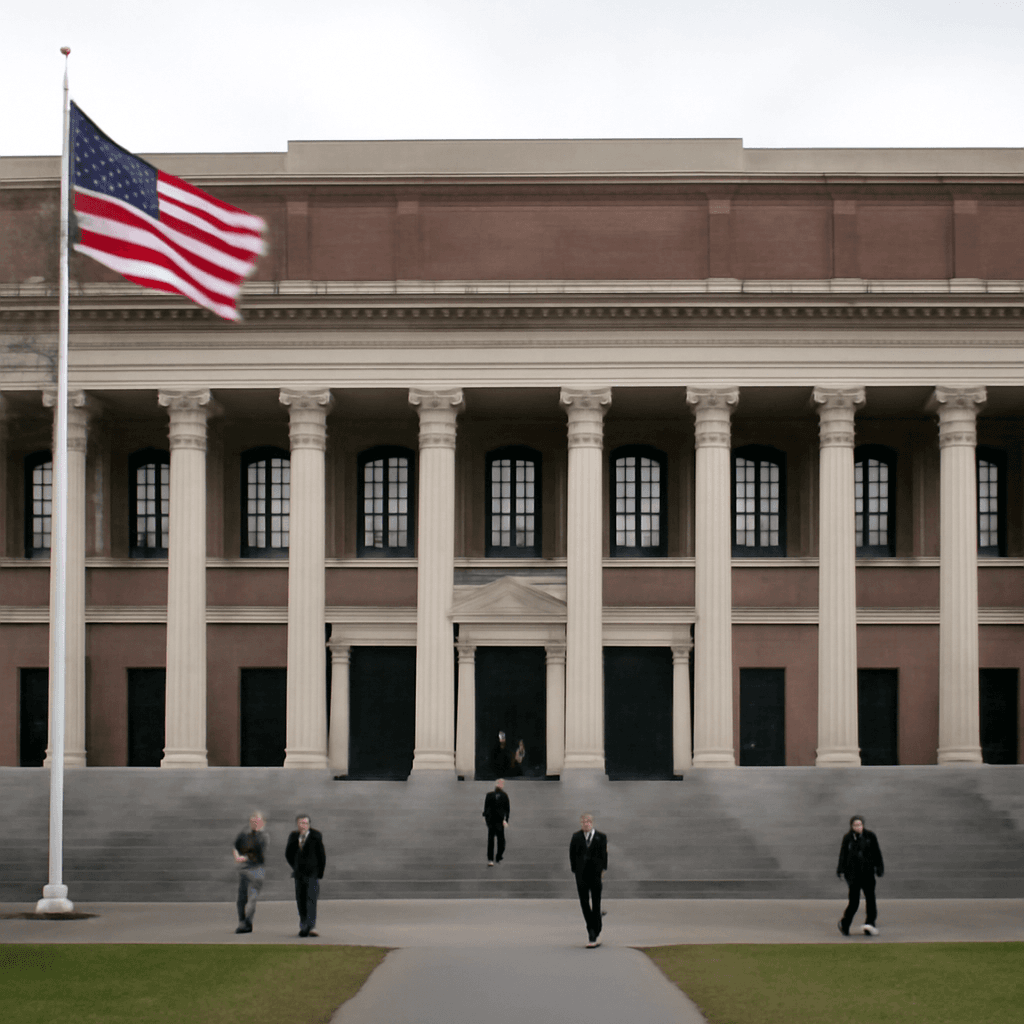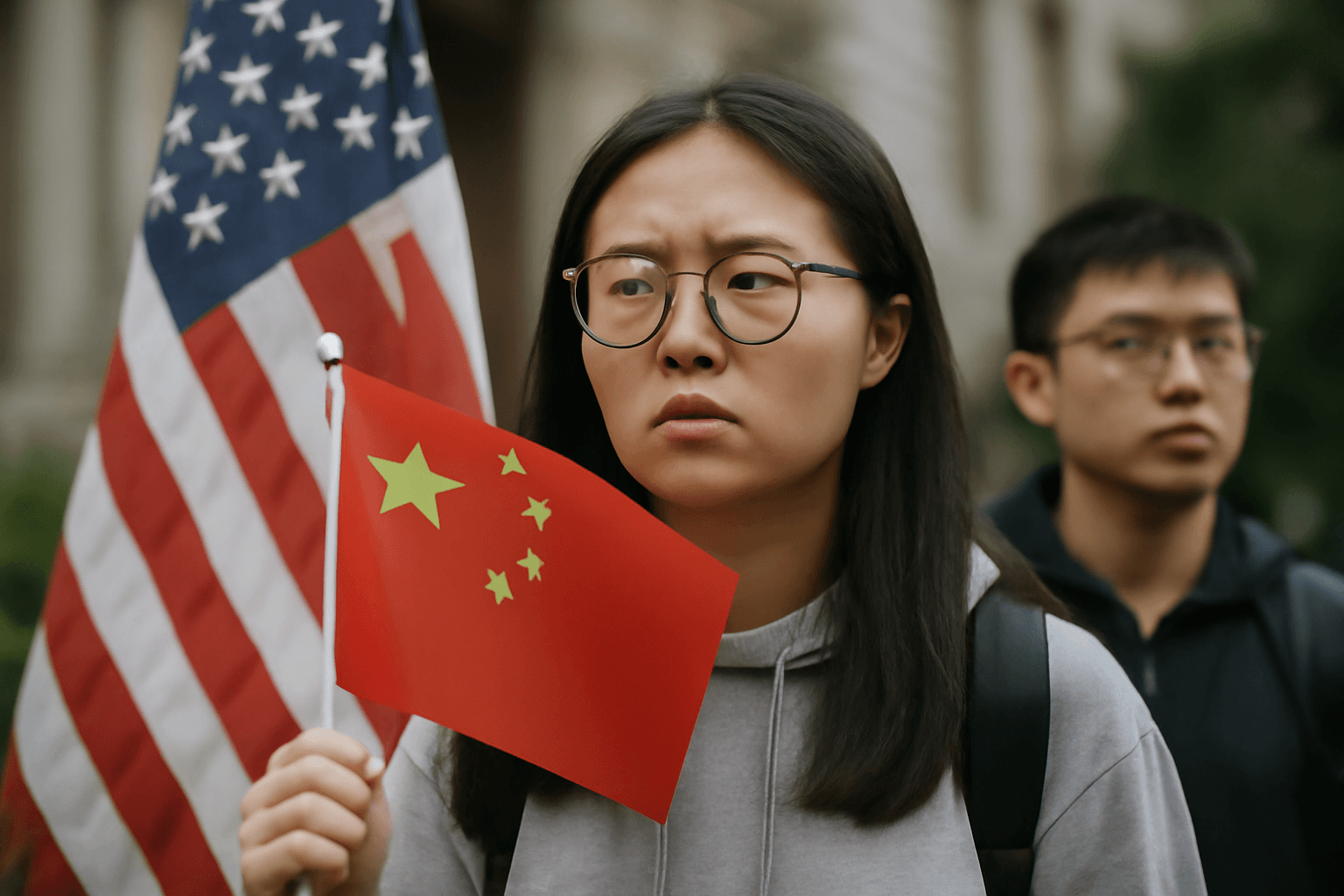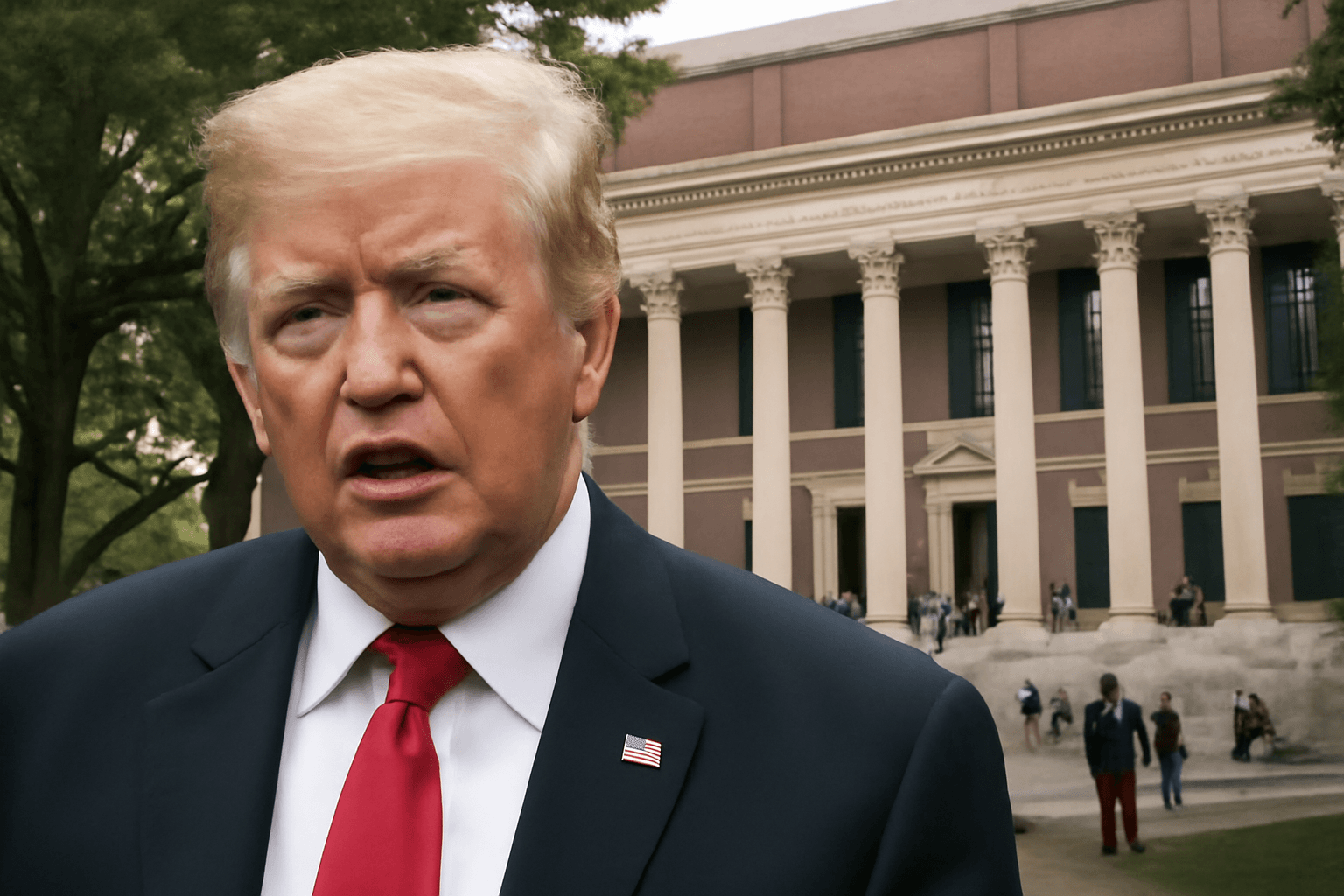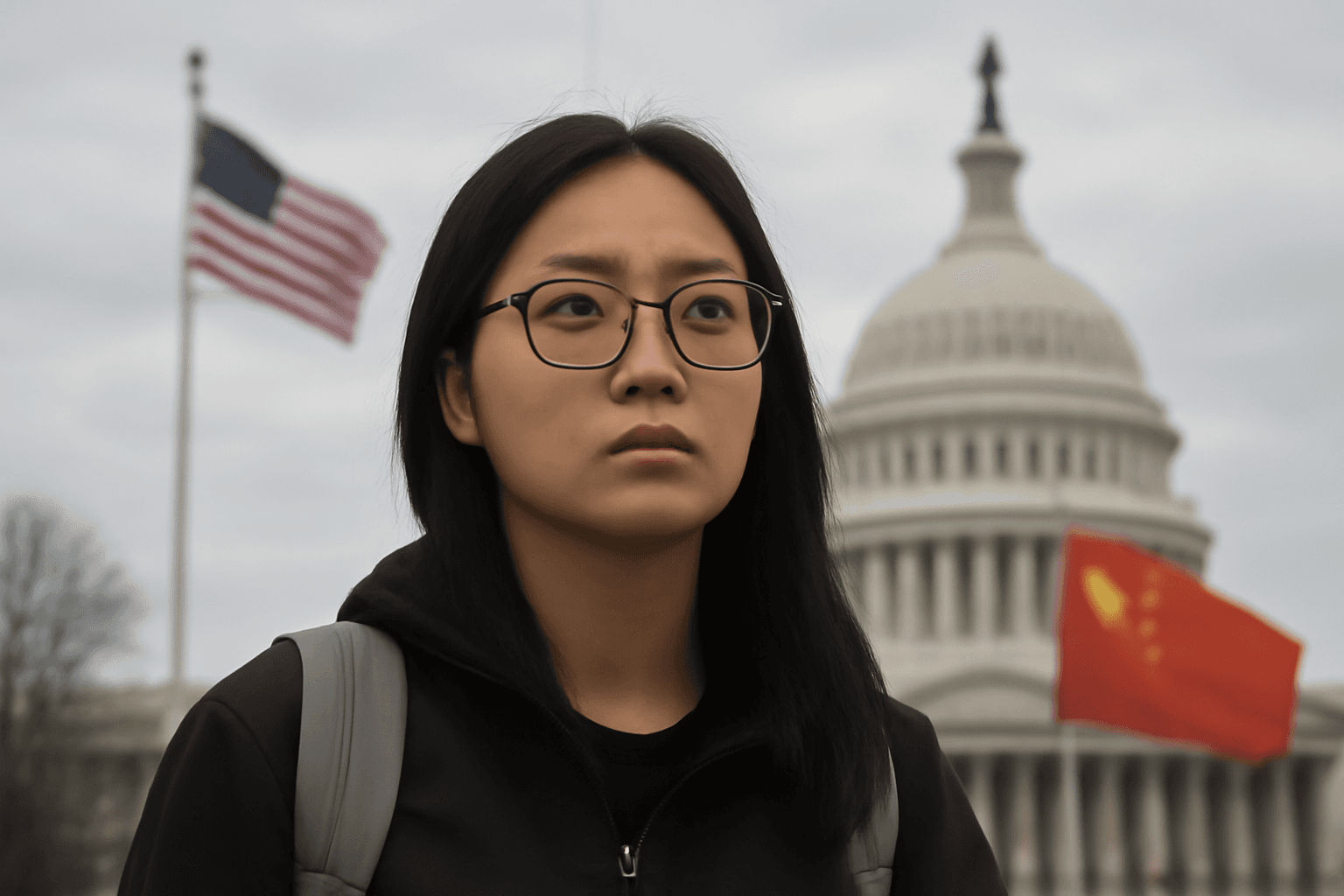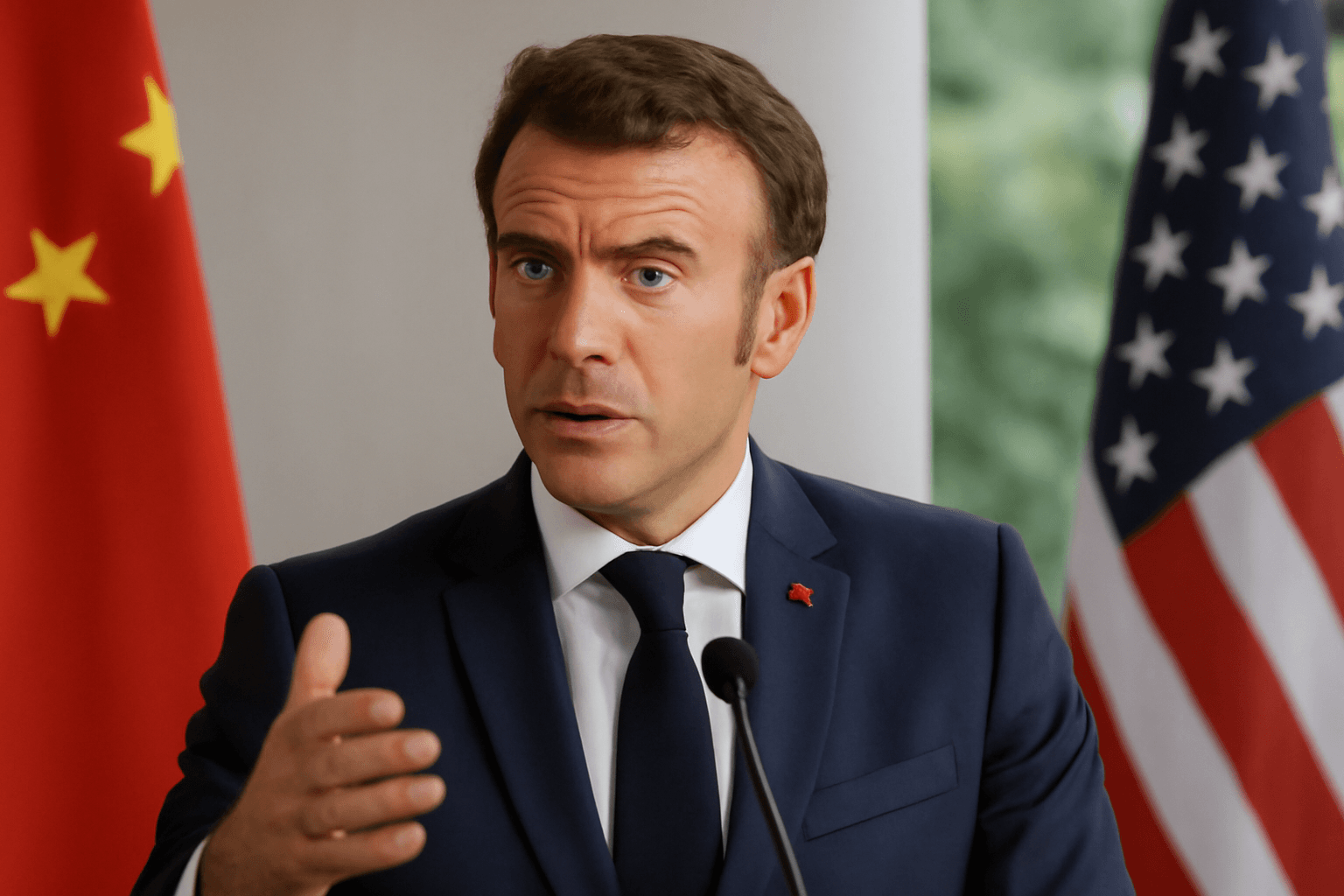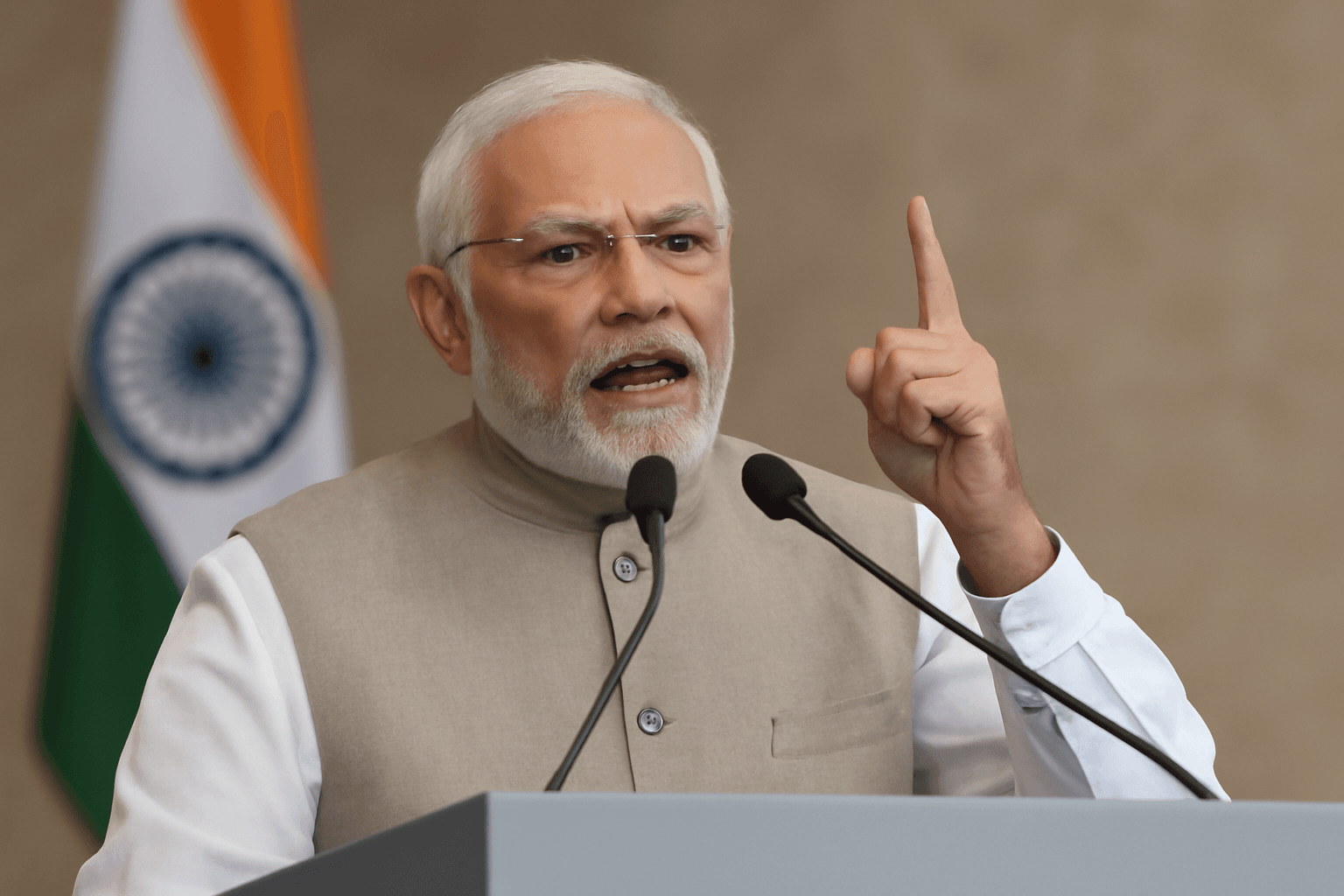Recent policies in the United States have created uncertainty for thousands of international students, prompting Asian universities to extend new opportunities to those affected. The US government's stringent stance on foreign student enrollment led to legal challenges and visa complications impacting approximately 6,800 students, primarily at elite institutions.
Following the revocation of a prominent university's authority to admit international students, a federal judge intervened to temporarily block this ban, allowing the affected students a reprieve. Nonetheless, many remain uncertain about their academic futures amidst ongoing legal proceedings, facing potential deportation or forced transfers.
In response, universities across Asia have proactively moved to welcome these displaced scholars. Hong Kong's Education Secretary urged local institutions to recruit top international students displaced by US policy changes. To enhance international student support, Hong Kong also implemented policies permitting full-time foreign undergraduates to engage in part-time employment without restrictions.
The Hong Kong University of Science and Technology (HKUST) has openly invited students admitted to or currently enrolled at US universities facing disruptions to continue their education at HKUST. The university emphasized its commitment to helping talented students pursue uninterrupted academic progress.
Japan's Ministry of Education similarly advocated for domestic universities to admit displaced international students. Leading universities in Tokyo and Kyoto have initiated programs offering temporary enrollment, visa assistance, financial support, and research opportunities tailored to those impacted. Kyoto University’s International Undergraduate Program, a 4.5-year course, provides tuition waivers and stipends to eligible students.
As global political dynamics evolve, Asia is positioning itself as a compelling alternative for higher education, signaling a shift in the international study landscape and reinforcing its status as a growing hub for global academic talent.


